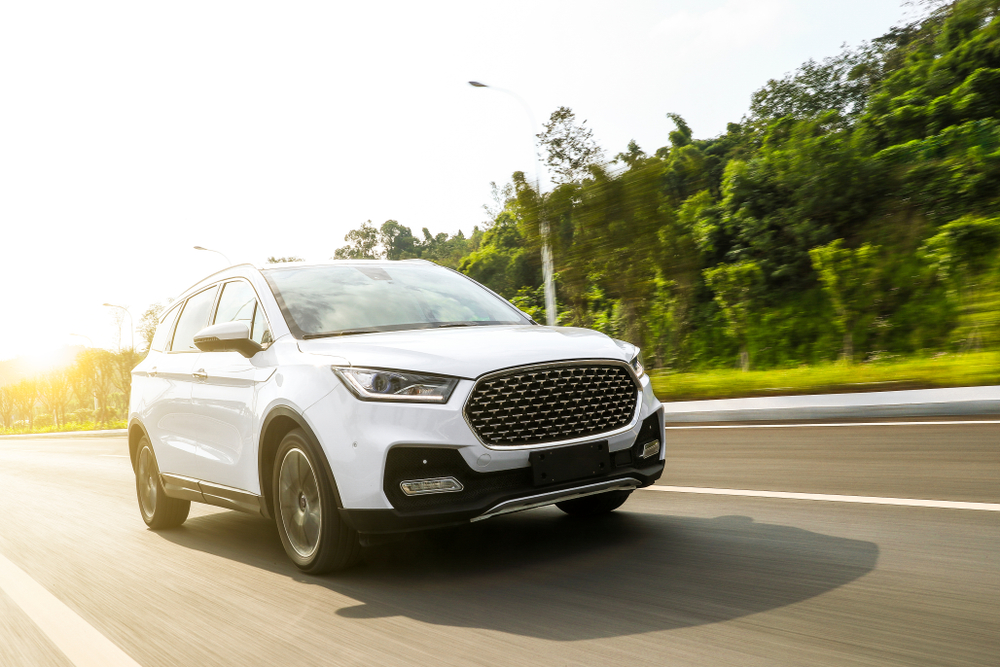When you’re looking at buying or leasing a new car, you have to make sure it’s the right one for you and your needs. With so much to think about you might not know which factor you should consider most.
Well, we’re here to tell you that the mileage and how long your car will last is one of the most important things you can think about. After all, if you’re spending all that money on the car you want to get all you can out of it right?
So now you may be wondering what lasts longer, cars or SUVs? And what’s the difference between them anyway? Well, we’re here to answer any questions you could have about how long these cars last and other features that will help you make up your mind about which one is right for you.
What Is The Difference Between SUVs And cars?
SUVs have become the most sought after cars in America. These are a sort of ‘do everything’ car in that they’re great for all types of family sizes and are perfect for taking on long trips because there is so much room inside.
But while a regular car could also do some of this, there are some key ways that the cars differ.
Size
SUVs are usually larger and heavier than regular cars. This makes them a good choice for people with large families or if they’ll always have people in their car, or for use on road trips or travel as there is a lot of storage space.
Gas Costs
Larger vehicles are known for being gas guzzlers. Because SUVs are heavier than a lot of other cars, even the most fuel-efficient vehicles in this category will have much lower mileage. SUVs with the best fuel economy get around 20-25 MPG (miles per gallon) on average, while other cars get between 30 and 40 MPG.
This means that you could be taking more trips to the gas station and spending more money with an SUV than you would with a regular car.
Emissions
Traditional SUVs have a greater carbon footprint due to them needing a lot more fuel more often than other cars. SUVs require more gas for travel and simple driving trips than smaller cars, meaning that they release a lot more emissions to the environment, and contributing to global warming.
Tires And Brakes
The heavy weight of an SUV puts a strain on the tires and shortens their lifespan faster. When comparing car tires to SUV tires, SUV tires will wear out faster and be more expensive to fix. The typical lifespan of SUV tires is 30,000 miles, while car tires may last up to 50,000 miles before needing to be replaced.
What Lasts Longer, A Car Or An SUV?
When we say what will ‘last longer’ what we mean is how many miles can the vehicle do until it breaks down completely or has to be scrapped. Most cars these days are advertised as lasting a certain amount of miles, and the higher the max mileage the more you will get out of your car.
Buying a vehicle that can do a high amount of miles is seen as a good thing as this says that the vehicle is reliable, less likely to break down, and if it does break down it should be easy to fix.
So Which Vehicle Lasts Longer?
SUVs last longer by far compared to cars. In fact in a list published in 2019 of the 15 vehicles most likely to last for 200,000 miles or more, only one of the vehicles on the list was a conventional car, the others were SUVs and pickup trucks.
While some drivers believe that gas/electric hybrids and fully electric vehicles would have shorter a usable lifespan due to the batteries inside, 4.2 percent of all Toyota Highlander Hybrid crossover SUVs have logged 200,000 miles and were still going strong according to this list.
So while the gas coats and smaller fuel tanks may be an issue as you will have to fill up and spend money more often, this might be balanced out by the fact that you’ll get more of your money’s worth by having these vehicles last longer than regular cars.
What Else Should I Consider When Deciding Between A Car And An SUV?
So you know you’ll probably have an SUV longer than you would a car, but what else do you have to think about?
What Are You Going To Be Using The Vehicle For?
If you have children who need to get in and out of car seats, a minivan with sliding doors is a much better option for you. But if towing a boat or off-roading on rough terrain is a regular part of your lifestyle, an SUV is your best bet.
SUVs have more storage and passenger space than other cars, but they may be too big if you travel to work alone most of the time.
However, although luggage space is important, many station wagons and hatchbacks offer a similar amount of room without the bulk or bad fuel economy of an SUV.
Where Do You Live?
If you live in an area where winter weather is a factor, an SUV’s 4×4 power and higher suspension may be useful to you. These larger vehicles may operate better in hilly, wooded, or challenging terrain environments.
But make sure it’s prepared for circumstances like these. Many front-wheel-drive SUVs do no better than autos on dangerous roads.
If you drive the highway frequently, the higher fuel costs of SUVs may be a concern to you. However, if you simply drive about town, the extra gas consumption might not be an issue, but maneuverability could. As these are larger vehicles SUVs can be harder to turn or steer and park into tight spots.
Takeaway
No matter what car you buy, you need to make sure that it will be the right one for you and your lifestyle. Take a look at what you really need, from the size to the fuel consumption to how easy it will be to steer around your town. And remember to do safety checks before driving off in your new car.

